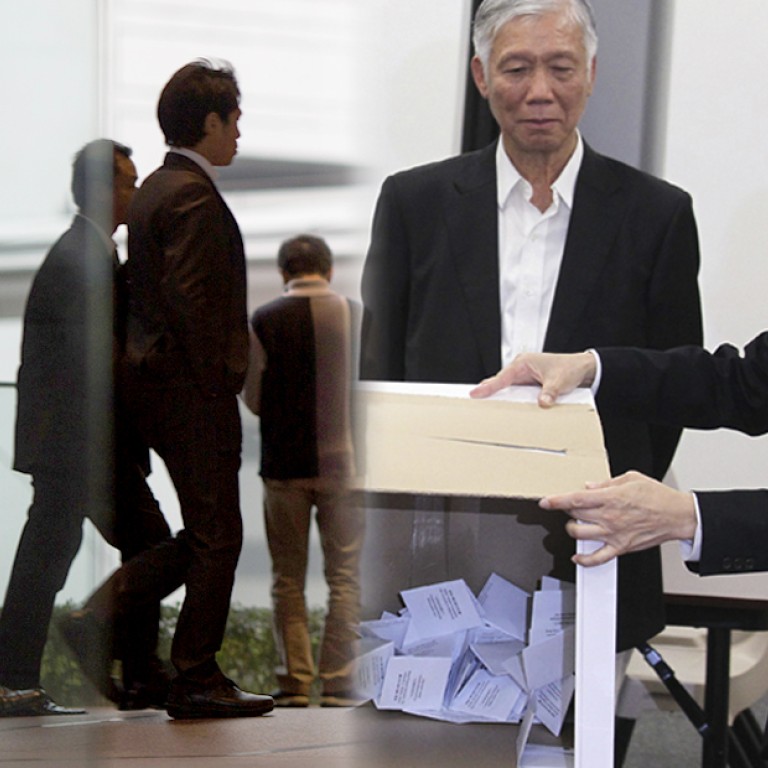
Political reforms must suit majority
If public consultation is about soliciting views and building consensus, the one on universal suffrage has yet to get the job done. With some 130,000 submissions received during the five-month period, opinions are certainly aplenty.
If public consultation is about soliciting views and building consensus, the one on universal suffrage has yet to get the job done. With some 130,000 submissions received during the five-month period, opinions are certainly aplenty. The community, however, is nowhere near a consensus on what electoral arrangements should be put in place. The divide remains just as deep as before.
The impasse is further clouded by what has been seen as an unofficial primary vote to explore the city's preferred method of returning the chief executive in 2017. In a disturbing twist, the three options shortlisted by Occupy Central for a wider ballot all feature public nomination, an idea that has already been deemed unconstitutional and rejected by Beijing. The moderate ones by former chief secretary Anson Chan Fang On-sang's Hong Kong 2020 and the group comprising 18 academics were screened out. The result has dismayed many who prefer cooperation to confrontation.
Tuesday's ballot was only confined to some 2,500 people who signed up for the so-called civil disobedience campaign. The strong preference in giving the public the right to put forward candidates is therefore unsurprising. But for those who look forward to a proposal that represents the mainstream view, they are entitled to feel disappointed. The outcome does nothing other than alienate the majority and widen the rift in the pan-democratic camp. Some critics even lamented that the vote had been hijacked by radical forces and failed to give people real choices.
A campaign that seeks to paralyse the business district with a 10,000-strong crowd is never a wise step for democracy. It provokes further by rallying behind proposals that fail to reflect the preferences of the wider community. Public nomination, however laudable, is unlikely to be approved. It makes better sense to focus on the composition of the committee as well as the nominating procedure in accordance with the Basic Law.
The public dismay over the polling result shows the majority prefers the moderate rather than the extreme. Adherence to the unacceptable only drives the community further from a consensus. The chief executive is expected to submit a report to the National People's Congress Standing Committee on political reform later. This will be followed by another consultation on the detailed electoral arrangements. Through exchange and compromise, we can, hopefully, come up with a package acceptable to most.

